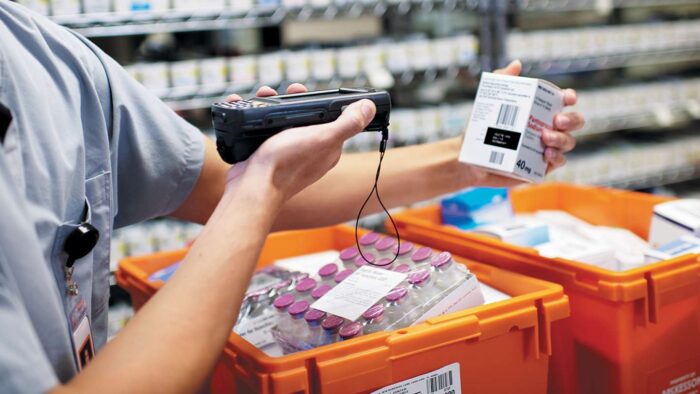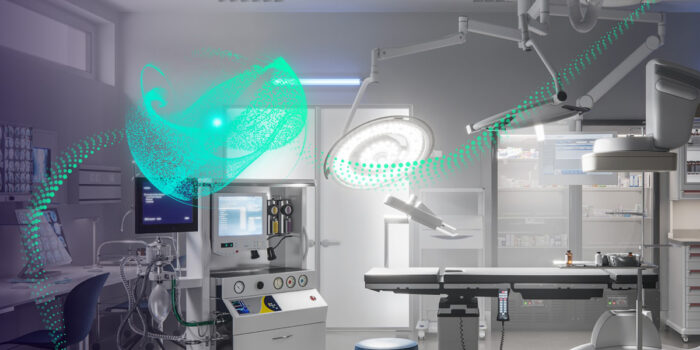
Your hospital needs to purchase some items for use in the treatment of your patients. Your supplies are necessary for facilitating safe, quality care. You depend on the right equipment, materials, and expertise necessary to keep your patients healthy.
With all this, it means that you also need to set up a purchasing account to regularly acquire the necessary items to keep your hospital running. That’s why in this article, we’ll take a look at how to purchase hospital supplies.
Read on and be guided!
Identify Your Needs
Identifying your needs for hospital supplies is the first step to purchasing. It’s important to have a clear understanding of:
- supplies currently in stock
- supplies needed
- why do you need them
- hospital supply budget
Determine the necessary quantity and types of supplies for each department, and calculate the total cost. Consider evaluating the current inventory and updating the list to ensure youre gathering all the items that need to be purchased.
Don’t forget special patient needs such as masks for the immunocompromised or perhaps relaxation aids or stress balls for those who have a phobia of blood. Remember to factor in equipment maintenance and updates, if applicable. Have your staff involved in the selection process to ensure accurate purchases.
A well-thought-out list should be created and followed when shopping for hospital supplies. Having the right supplies on hand is important to delivering optimum care and quality services to patients.

Determine Reliable Suppliers
When it comes to purchasing hospital supplies, it is essential to determine reliable suppliers. To find the most reputable providers, it is important to:
- conduct research
- verify credentials
- read reviews
- ensure competitive pricing
Investigate the suppliers online as well as in-person, research product offerings and ask questions. Once you have found a reliable hospital supply provider, develop a long-term business relationship with them and meet with them periodically to review their services.
Make sure to always create documents that clearly outline the supplied items, delivery dates, and policies of cancellation.
Consider Volume Discounts and Contracts
When it comes to buying hospital supplies, consider volume discounts and contracts. This offers the greatest value in the long run as hospitals tend to purchase the same supplies in bulk.
Before committing to a contract, make sure to understand the terms, as some may require certain minimums or order thresholds. Contracts also often come with discounts and negotiated terms, so by taking advantage of these, hospitals can save money.
Additionally, it is important to research the company and their availability, to make sure they can provide everything the hospital needs, as well as if they have emergency services for when items are needed immediately. Lastly, volume discounts are also a great way to save, as long as the hospital can commit to the required minimum orders.

Evaluate Supplier Reliability and Delivery
The first thing to do is to contact the supplier and ask for references. It’s also important to inquire about the suppliers’ track record on customer service and delivery time.
Consider whether the supplier offers an emergency shipment option. Finally, communicate the order instructions to the supplier and identify a delivery date to ensure the hospital has the supplies they need to provide quality care.
Review Product Specifications and Compatibility
When purchasing hospital supplies, it’s important to review product specifications and ensure compatibility. It’s important to consider whether the supplier has the right products for the specific application. Consider the:
- size
- features
- additional functions
This helps you make sure that the product meets the patient’s needs. In addition, make sure the product meets applicable safety and environmental standards. Ensure compatibility with existing:
- systems
- protocols
- hardware
Additionally, research and compare pricing from different suppliers to get the best deal. Look for additional discounts, quantity discounts, and lower shipping costs as well.

Check for Regulatory Compliance
When purchasing hospital supplies, it’s important to check for regulatory compliance. This involves ensuring that all products meet applicable:
- laws
- regulations
- standards
Additionally, you should do a quality assurance check to make sure all products purchased live up to expectations in terms of:
- performance
- reliability
- safety
This means checking if products are certified or recommended by regulatory agencies for use in medical and healthcare settings.
Establish Clear Communication Channels
Gaining a full understanding of the supplies needed will help to ensure that you expect the appropriate:
- arrangement
- payment
- delivery
Have open and honest communication about:
- the quantity of supplies
- their usage requirements
- expected time frames
This will help to ensure the process runs smoothly. If the hospital does not have the necessary resources to acquire the supplies themselves, it is beneficial to initiate a partnership with a reliable supplier.
It is also important to establish a timeline for when the supplies should arrive and to create a dependable and consistent payment schedule. When the supply process is supported by clear communication channels, it prevents any misunderstandings or delays that could become an issue down the road.

Monitor Supplier Performance
To effectively monitor supplier performance, its important to set measurable goals and objectives before making purchasing decisions. Regularly audit the suppliers records for accuracy. This includes invoices and shipping documents.
Ask for customer feedback on the suppliers performance. By doing so, it helps you further compare and review their services. Last but not least, create a supplier management strategy. Such a strategy allows you to access how vendors are meeting their contractual obligations. This will help give an overall idea of how well the supplier is performing.
Learn How to Purchase Hospital Supplies
Purchasing hospital supplies can seem overwhelming, but with careful planning and consideration, a facility can easily source and purchase supplies. Research suppliers, assess package discounts, review customer reviews, and monitor inventory levels to make sure everything is taken care of. When you purchase hospital supplies, shop around and use these tips!
Explore our blog for articles like this.










